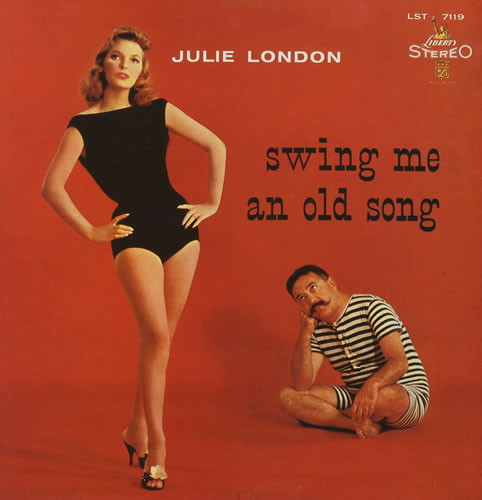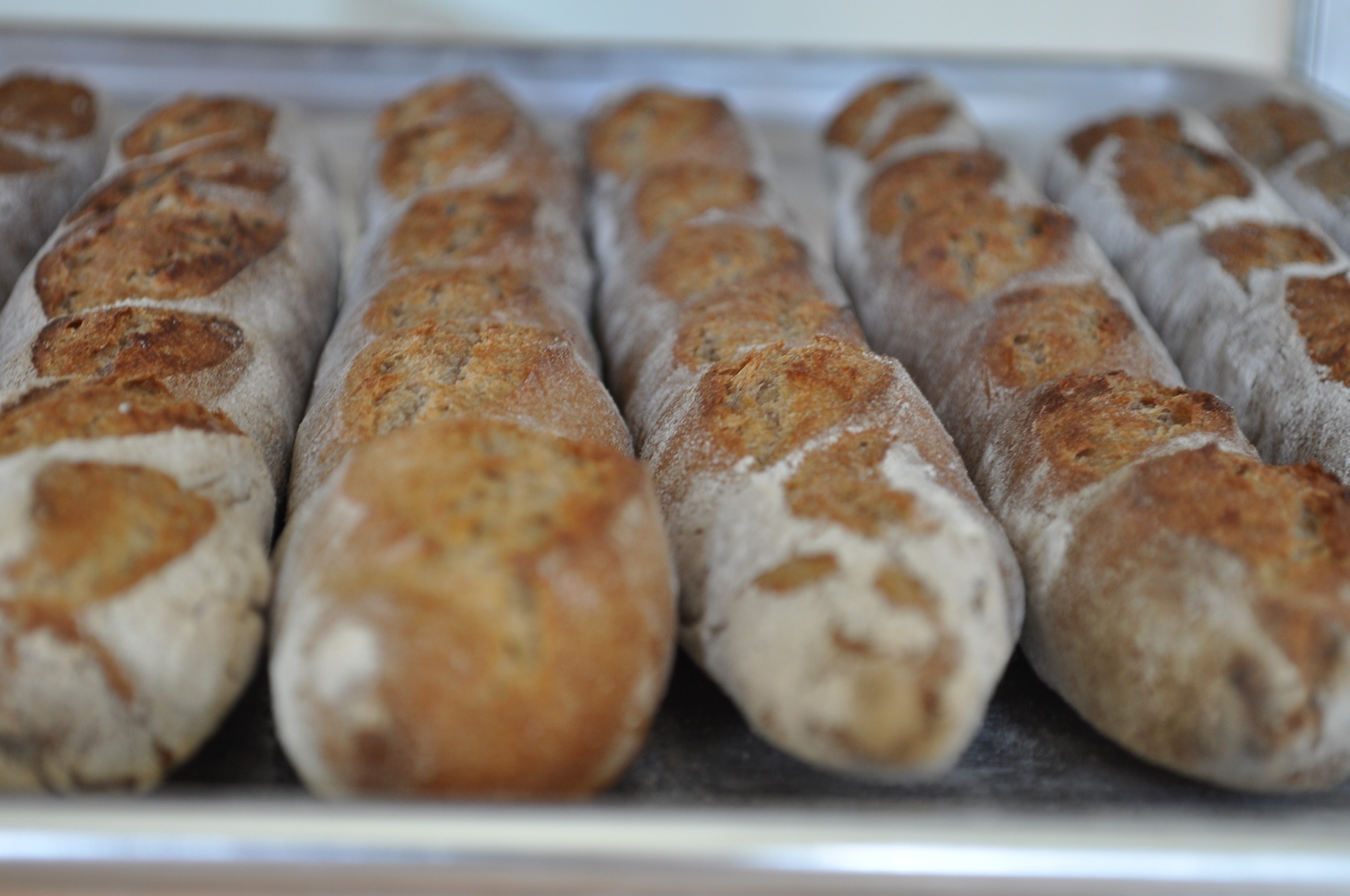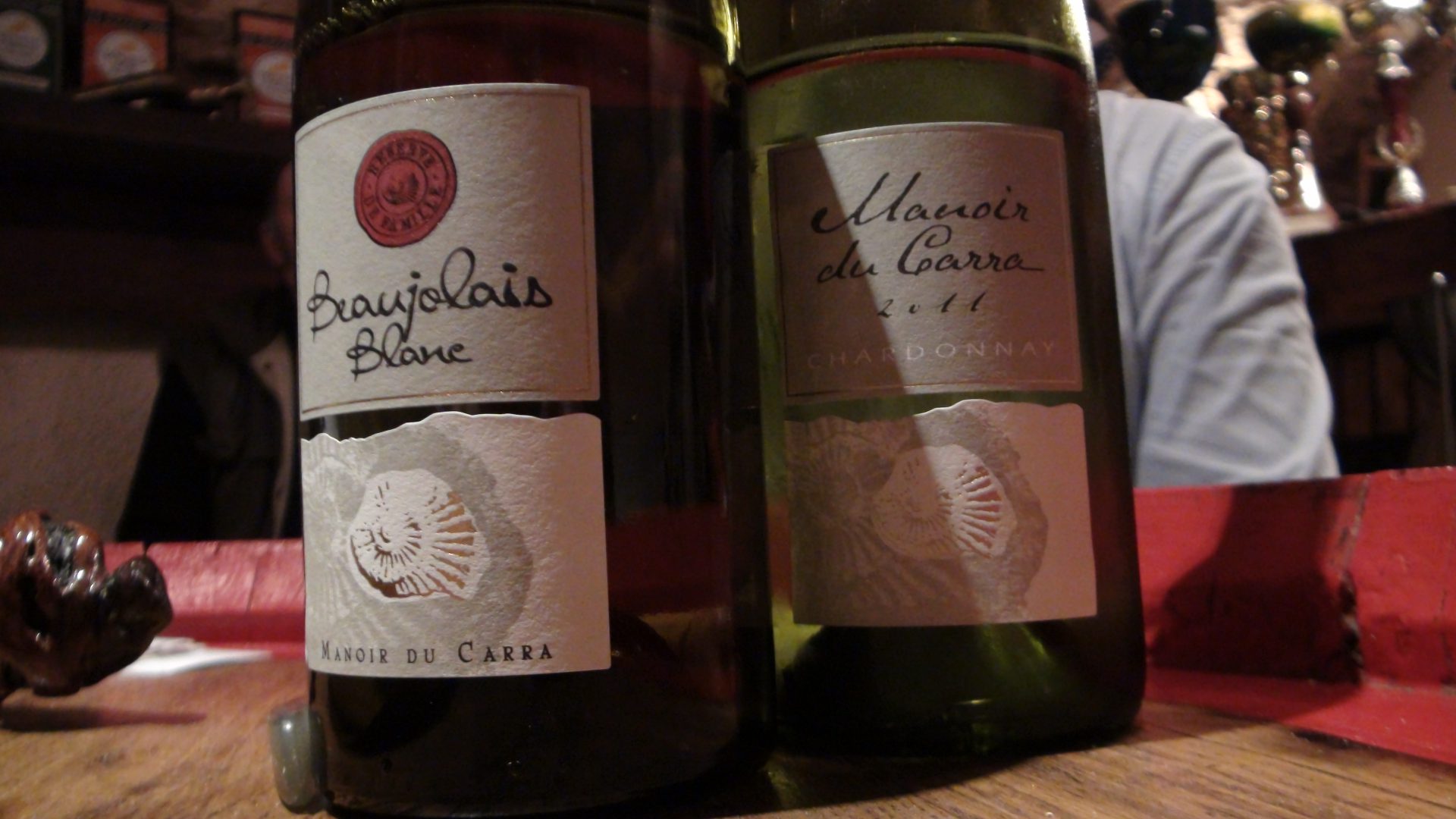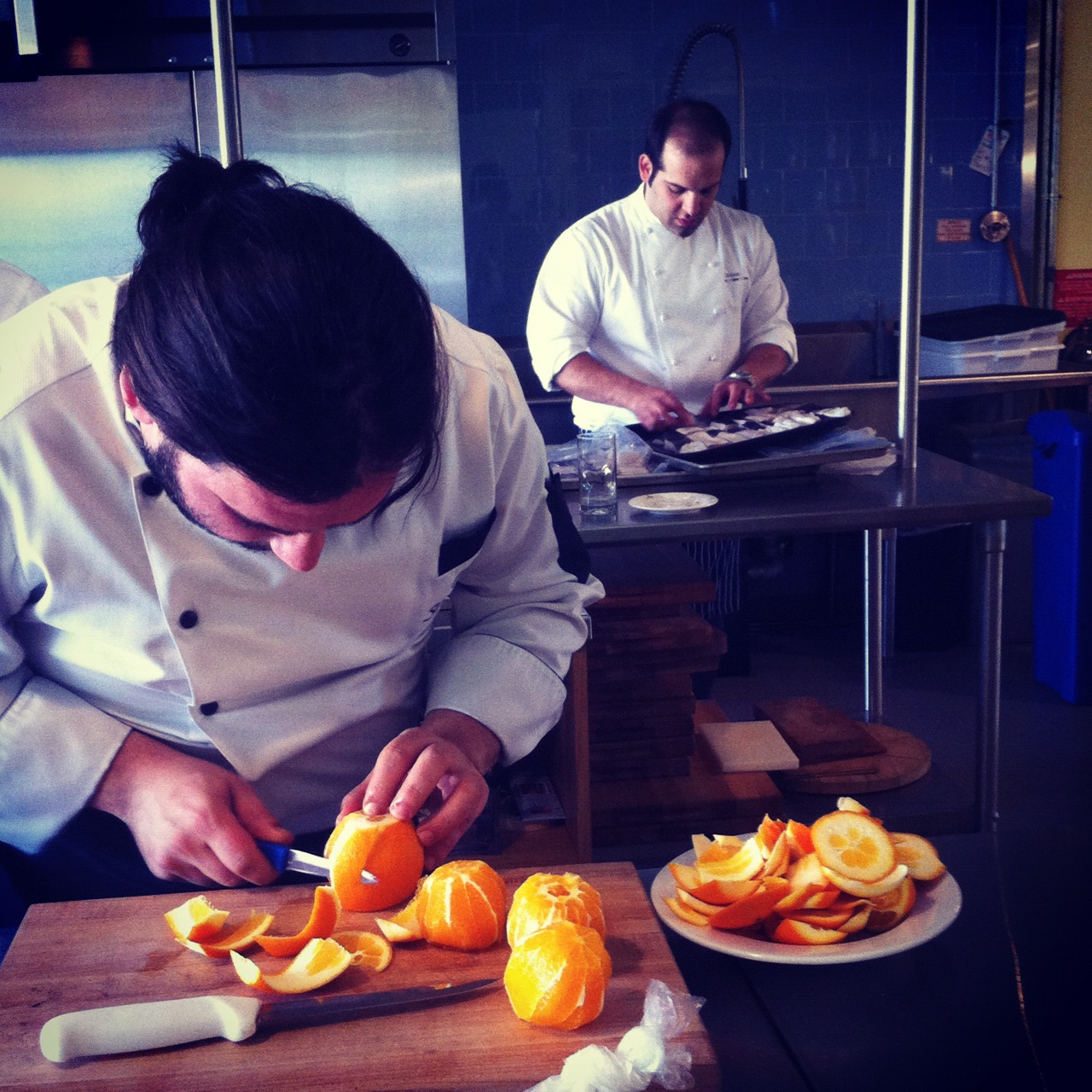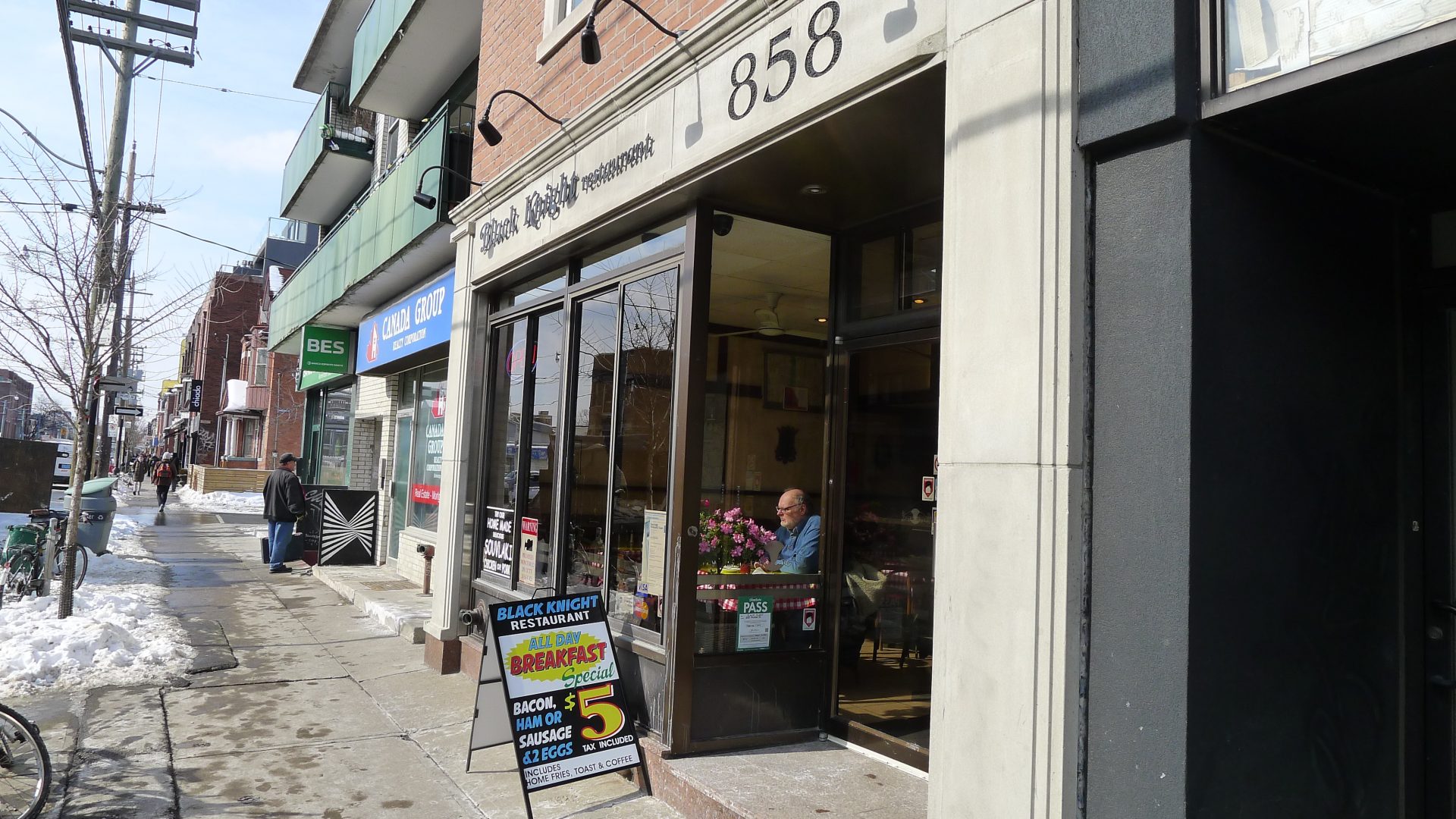By Nicholas Pashley
In his fine book, McCarthy’s Bar, the late English travel writer Pete McCarthy posits his Eighth Rule of Travel: Never Pass a Bar That Has Your Name on It. Fair enough, but this happy circumstance is going to crop up more often if one of your names is Pete and the other is McCarthy. I’ve found myself more than once in bars called Pete’s or McCarthy’s. Some names just turn up on pubs more often than others.
So on a recent afternoon while strolling along the Danforth after a. a funeral and b. a more than satisfactory lunch at Morgan’s on the Danforth, I hesitated at the front door of a pub called the Old Nick. In fact, I had intended to sup an ale at nearby Dora Keogh, but it was shut. At 4:20pm, no less. One of the more distressing trends for the afternoon toper is this increasing business of not opening pubs until respectable, hard-working, mortgage-owing people have completed their workday. What makes them so damn special, anyway? What about the rights of daylight drinkers? Especially at this time of year when there’s so little daylight to drink in.
The Old Nick was open. Given that, and recalling Pete McCarthy’s Eighth Rule, I went inside. I’ve been there before, of course, it being licensed and all, but not often and not lately. The draught choices are fine if not exciting, but the place was open and I had the chance of checking off my 144th different watering hole of 2011 (don’t ask). Sat at the bar with a pint of Spearhead and a good book, I found myself feeling reasonably content, bordering on cheerful. Soon my metabolism had slowed to the point that I could properly absorb my environment, and my growing happiness was explained.
Your correspondent has spent a good deal of time in pubs. Like you, I’m sure, I have my likes and dislikes about pubs. For instance, I understand that many people feel uncomfortable in a drinking spot if there isn’t music playing. Well, when I say I understand it, I mean I acknowledge it. I can’t say I understand the phenomenon. Do we need stimulation all the time? Isn’t it enough to sit quietly and read or talk?
Apparently not. Over my decades as a paying guest of the global hospitality industry, I have been subjected to countless hours of aural garbage in pubs, bars, taverns, and taprooms here and elsewhere. I have listened, usually reluctantly, to music I would never knowingly play at home. Many years ago I worked in a bookstore where, on occasion, a staff member would play music that strayed from the official baroque repertoire the store owners insisted upon. One day a customer approached the cash desk and asked what it was he was listening to. The staff person cheerfully divulged the information, to which the customer replied, “Thanks. I wouldn’t want to buy it by mistake.”
I have sometimes asked bartenders what the music is, for that very reason. There can’t be much popular music of the last many years that I haven’t been exposed to, though I seldom know who the perpetrator is unless I ask. I’m not a particularly stuffy person in my musical tastes. In my day I saw the Beatles live, also Pink Floyd and Jimi Hendrix. Okay, that was some time ago. They were not just live, they were alive.
So, where does the Old Nick come into it? As I say, when my metabolism decelerated I realized that I was listening to music I liked. And it wasn’t just one song in a mix of horrors. No, it was Julie London, a chantoozie of yesteryear, and a whole album of Julie London at that, if they still call them albums (they certainly did when Ms. London was in her prime). This was smart music, music that made me feel smarter and made both the other punters at the bar look smarter. My only complaint was that it could have been a touch – dare I say it? – louder.
If you insist on inflicting music on your customers, why wouldn’t you have the consideration to make it at least unpredictable? Play me Bach. Play me a show tune. Play me the Watersons. Show me some whimsy, for Pete’s sake. The Greatest Hits of the 70s, 80s and 90s represent, I suppose, a sort of comfort food for some people’s ears – nothing you haven’t heard a few hundred times before. Doesn’t anyone eventually get just a tad bored listening to it? Apart from me, I mean. What if you had to work in this environment for an eight-hour shift? After all, we no longer force barstaff to inhale second-hand smoke, so why third-hand music? Once in a Washington bar, my wife and I seized control of the jukebox and inflicted our taste on the room. It almost certainly annoyed the patrons, but the bouncer thanked us on our way out, which was worth the significant pile of cash we had fed into the machine.
The obvious problem here is that the music in most pubs is not really meant to be listened to. Just as the beer served in a lot of these places is made for people who don’t particularly like the taste of beer, so the music is there as familiar background noise for people who don’t especially care about music. People who actually like music, by contrast, don’t want it played at them all the time because they can’t tune it out. Imagine having to listen to this stuff every time you want to enjoy a pint of ale. (Yes, I know, but ear plugs seem so antisocial.)
American bars are far more likely than ours to offer jukeboxes, which at least provide an element of democracy, if only that uniquely American form of democracy that gives power to those who can afford to ply the machine with dough. Jazz, in my experience, packs the best value. Once the sax player, the trumpeter, the piano player, the bass player all get their solos, seven or eight minutes have passed, all for the same price as some song by Nickelback. I have played Miles Davis’s recording of Round Midnight in a Chicago saloon and watched the barflies grow more sophisticated and intelligent after only a few bars. Publicans of the world: you want to attract a better clientele? You don’t have to get rid of the patrons you already have; just turn them into better (or at least better-looking) people by feeding them Miles Davis.
So I offer my thanks to the woman at the Old Nick who felt that a dull, damp afternoon called for a big dose of Julie London. She was right, and my day was better for it. Foolishly, I then went to the now-finally-open Dora Keogh (watering hole #145) and listened to whatever rubbish they were playing. The gentleman is a dope.
 Nicholas Pashley is the author of Notes on a Beermat and Cheers: An Intemperate History of Beer in Canada. He can be stalked on Twitter @NotesOnABeermat.
Nicholas Pashley is the author of Notes on a Beermat and Cheers: An Intemperate History of Beer in Canada. He can be stalked on Twitter @NotesOnABeermat.

